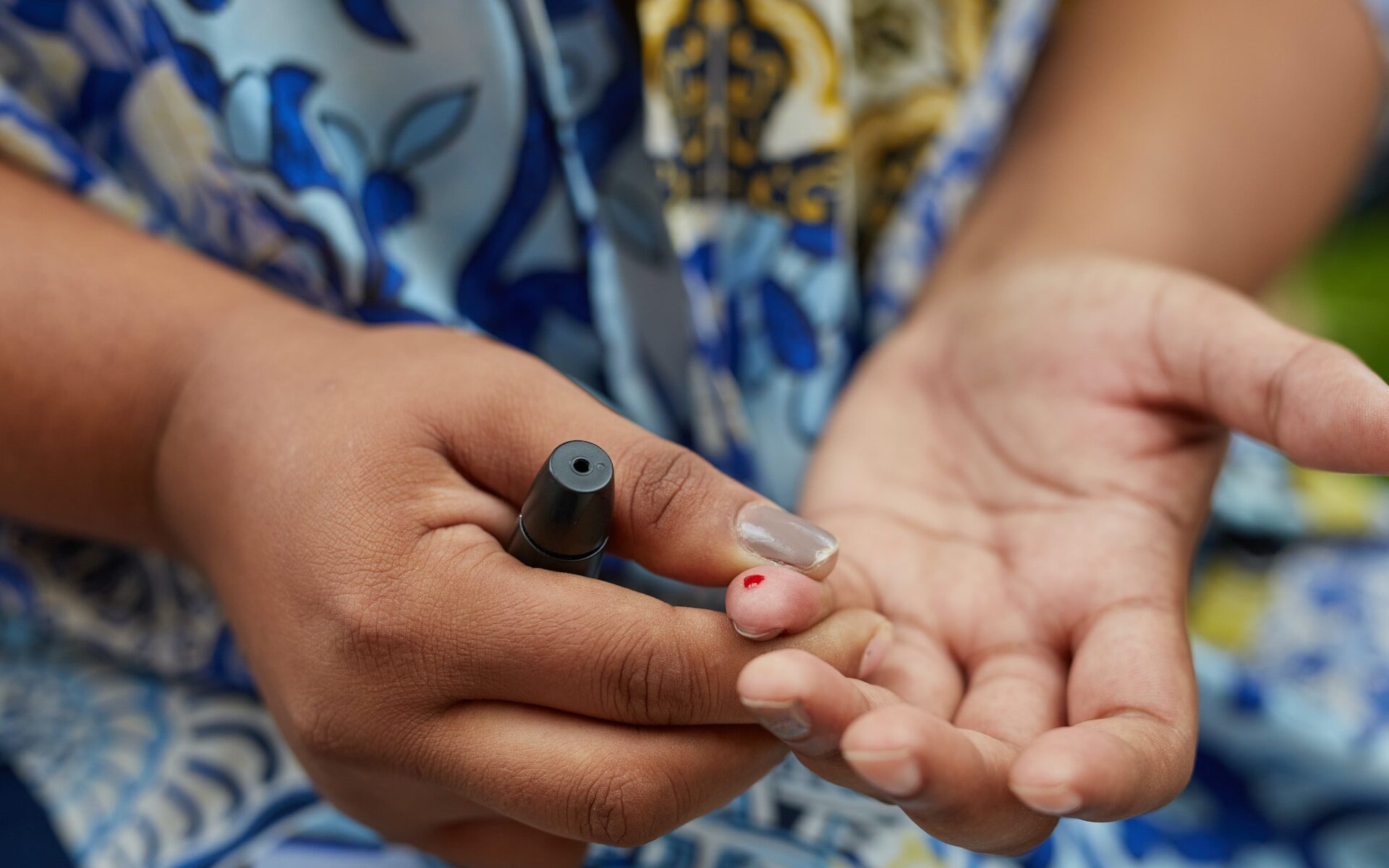Month: September 2023
-

How You Can Take Action for Diabetes Awareness
Welcome to another post from the Diabetes Research Connection blog! If you or someone you love has been affected by diabetes, you likely know how important it is to engage […]
-

Debunking Myths About Type 2 Diabetes: Trusted Insights From DRC
Type 2 diabetes, a condition characterized by the body’s inability to properly use insulin, affects millions of people worldwide. Despite its prevalence, it’s often misunderstood, leading to a variety of […]
